US' loss is Canada's gain: 200% rise in Indian invitees for permanent residency
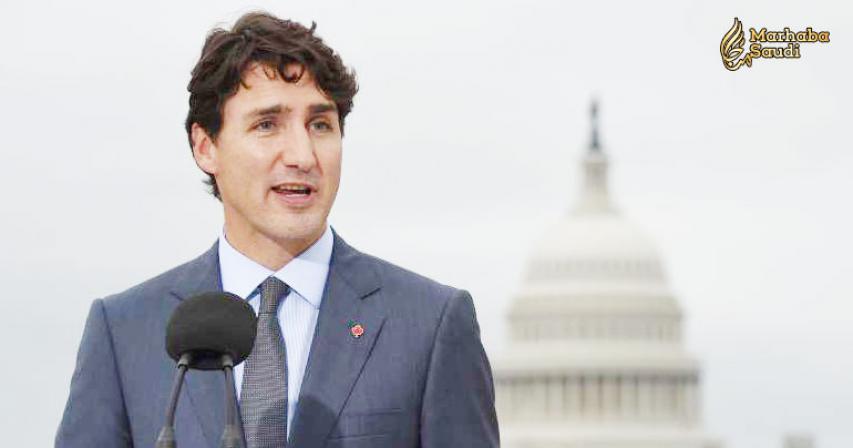
Recent data released by Canada's coveted point based immigration programme, Express Entry Year-end Report 2017, shows a sudden spike in Indian immigrants to Canada. This comes as US President Donald Trump directs the USCIS to tighten immigration laws following this 'Buy American, Hire American' order, dashing the hopes of many applicants for a US green card. The report mentions that out of 86,022 invitations sent last year, 36,310 or 42% were to Indian citizens. Canada received a little over 1 lakh applications in 2017, and pushed out 86,022 invites, out of which 65,401 were admitted to Canada. The Express Entry programme is Canada's flagship programme for economic migration.
According to reports, latest figures are more than double of the previous year's figure of 11,037; indicating a staggering increase of 200% plus Indian invitees to Canada. India is followed by China, while Nigeria holds the third place among countries that received the highest number of offers for Canadian residency. Globally, Canada invited 33,782 people in 2016, whereas an astounding 86,022 in 2017, to occupy a place on Canadian land.
Roughly 26,000 Indians out of 36,310 who held profiles in occupations like information systems analysts, software engineers, designers, computer programmers, lecturers, received permanent residency in the country.
The gigantic leap of the Indian diaspora in Canada comes after tightening of US immigration laws. Some consider the Canadian programme as a much needed relief from the long waiting period to become US citizens. According to a report in Times of India, majority of the immigrants were H-1B visa holders who were tired of waiting for years to attain a green card in the US.
It is estimated that around 3 lakh Indians in the US are still awaiting a green card. The Cato Institute, an American libertarian think tank, estimates that, given the green card backlog, the waiting period for Indians with an advanced degree (those in the EB-2 category) could be as much as 151 years.
Also watch: Why India's 7.7% GDP growth rate is no reason to celebrate
The numbers are corroborated by reports mentioned that the H-1B visa filing season for the 2019 fiscal saw a dramatic drop in the number of applications filed by Indian tech firms. "Indian consulting firms, which have been accused of flooding the system with applications, have dramatically reduced their filings. Foreign nationals are exhibiting new reluctance to make the jump to a US company," the San Francisco Chronicle reported, adding that applicants for the H-1B visa programme are anticipating the hardest process in many years, which has "affected both the applicants and the companies that employ them".
The US had announced a new policy under which a company now has to "show by a preponderance of evidence that the beneficiary will be employed in a speciality occupation". This basically translates into a lot more paperwork for applicants. Under the new rules, petitioners would also have to go an extra mile to prove that its H-1B employee at a third-party worksite has specific and non-qualifying speculative assignments in speciality occupation.
In Pics: The 35 wealthiest countries in the world may surprise you
/ Source: msn
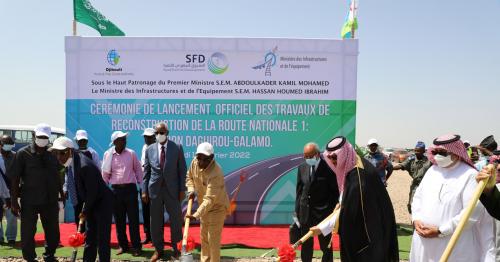
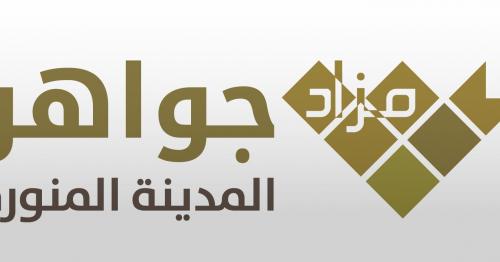

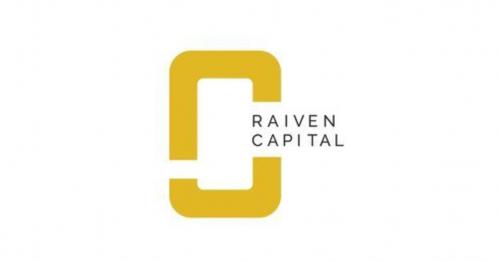
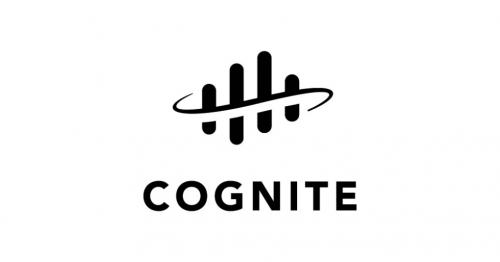
Comments